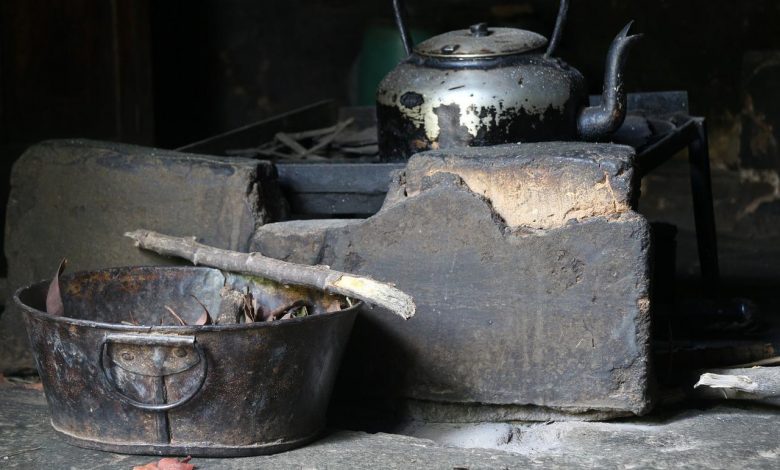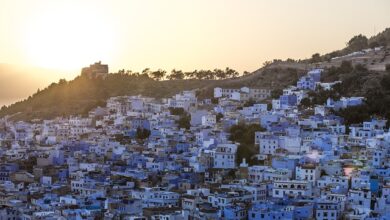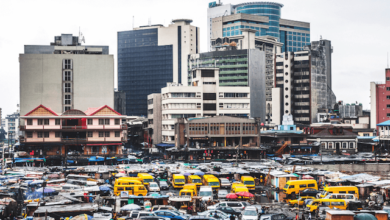SADC calls for lifting of sanctions against Zimbabwe

The sanctions are detrimental not only to the country’s economy but to those of its neighbors, said Tanzanian President John Magufuli, the current president of the SADC, which includes 16 states in the region.
“These sanctions have not only affected the Zimbabwean people and their government but the whole region – it’s like a human body – when you cut one of its parts, it affects the whole body,” he said at a SADC summit in Dar es Salaam, Tanzania.
“That is why I would like to take this opportunity to urge the international community to lift the sanctions it imposes on Zimbabwe. After all, this brotherly country has opened a new chapter, and it is ready to [cooperate] with the rest of the world. It is, therefore, I believe, in the interest of all concerned to see these sanctions lifted,” insisted John Magufuli.
Emmerson Mnangagwa, who has been leading the country since the end of 2017, accuses the United States and the European Union of hampering Zimbabwe’s development. He says the lifting of sanctions should attract Western investors to Zimbabwe after nearly two decades of economic isolation.
Zimbabwe is plagued by high inflation and shortages of commodities such as fuel, electricity, and water. Inflation is currently at its highest level in 10 years. Wages and pensions are down, while the price of bread has increased fivefold since April. About five million Zimbabweans currently need food aid, according to the United Nations.
In March, the United States extended the one-year economic sanctions against Zimbabwe. Washington plans to lift them only when the country decides to carry out political reforms. Some 141 companies and top officials in Zimbabwe are subject to US sanctions, the Reuters news agency said last February, citing a US official.
What are the sanctions?
Several senior officials of Zanu-PF, Zimbabwe’s ruling party, military leaders and state-owned companies continue to be subject to an embargo on the part of the United States. Washington forbids people to enter US territory.
The EU maintains an arms embargo, in addition to the sanctions imposed on former President Robert Mugabe, his wife, Grace Mugabe, and Zimbabwe Defense ministry. His political opponents believe that the lives of Zimbabweans are now more expensive than they were under Mugabe, who led the country for 37 years. The government defends its economic policy, saying that it is “painful but necessary”.
In the early 2000s, white people living in Zimbabwe were victims of land expropriation. They held a good part of the land assets of the country.




